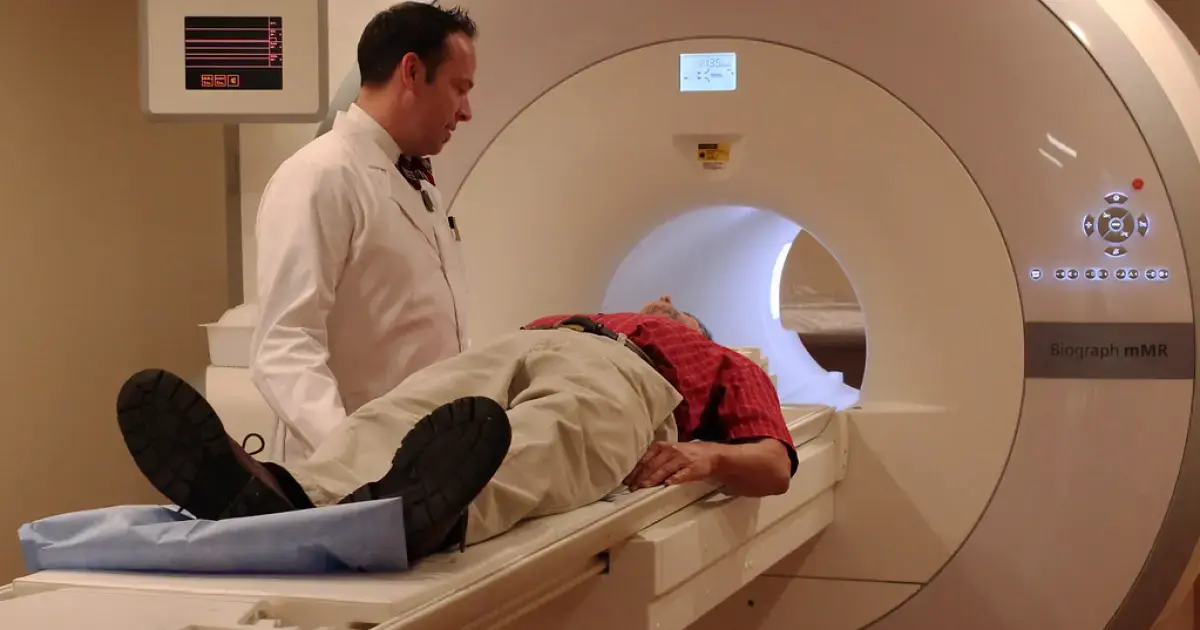 An international team of researchers studied 4,726 volunteers of various ages with healthy . Brain scans of the participants revealed “small but systematic gender differences” in the nature of nerve tissue atrophy.
An international team of researchers studied 4,726 volunteers of various ages with healthy . Brain scans of the participants revealed “small but systematic gender differences” in the nature of nerve tissue atrophy.
It is well-known that the human brain naturally shrinks with age. In those who die from , there is a sharp loss of brain volume.
Alzheimer’s disease is diagnosed in twice as often as in men, yet surprisingly little is known about how a person’s gender affects the volume of their as they age.
What Did the Scientists Discover?
It turns out that women’s brains actually shrink more rapidly and may lose gray and white matter more slowly than men’s, the team reported.
“If women’s brains were to weaken more noticeably, it could explain the prevalence of Alzheimer’s disease among them,” noted neurobiologist Ann Ravndal from the University of Oslo (Norway), a co-author of the study.
Along with her colleagues, the scientist collected over 12,500 MRI scans of brains obtained during the study. Each participant’s brain was scanned at least twice with a three-year interval.

Researchers found that older exhibited deterioration in a greater number of brain regions, including many parts of the cortex. In contrast, women experienced deterioration in fewer areas, and the thickness of their cortex changed less with age.
Only in older age did the study participants show a faster decline in hippocampal volume. However, this may simply accompany the slower aging process: a result of women living longer than men.
Separating the impact of gender on the brain from other genetic and environmental factors is a challenging task, made even more complex by the lack of longitudinal studies.
The results indicate real gender differences in the biology of , reported the publication Science Alert. However, the authors cautioned that the findings should be interpreted carefully, as further research is needed.
Despite numerous significant studies on the biology of brain aging in recent years, they have been marked by a strong gender bias. In 2019, only 5 percent of published research in neuroscience and psychiatry considered the impact of gender.
Meanwhile, it remains unclear whether the degree and speed of brain deterioration differ between men and women.
The findings from the study were published in the journal PNAS.
Photo: Unsplash
